Guinea-Bissau Ex-PM Simoes Pereira Vows Return and Presidential Bid
- by Editor
- Sep 15, 2025
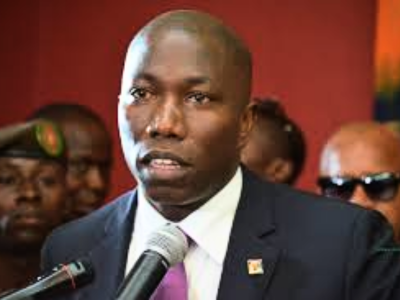
Credit: Freepik
Former Guinea-Bissau Prime Minister Domingos Simoes Pereira has announced plans to return home and contest the November presidential election, marking his fourth attempt at the nation's highest office amid ongoing political tensions and a recent parliamentary dissolution.
Pereira, leader of the opposition African Party for the Independence of Guinea and Cape Verde (PAIGC), made the declaration Sunday during a meeting with the Guinea-Bissau diaspora in Lisbon, Portugal, where he has resided since President Umaro Sissoco Embalo dissolved the National Assembly in December 2023. He expressed concerns for his safety but emphasized his duty to continue the political fight, stating he would return "this week" without specifying a date. Pereira, who served as prime minister from 2014 to 2015, has been in exile-like status after being ousted as parliamentary speaker following the dissolution, which he labeled a "constitutional coup d'état."
Embalo, whose term officially expired on February 28, 2025, but who remains in power, responded by saying Pereira could return "without any problem" but warned against challenging the November 23 election results. The Supreme Court ruled Embalo's term ends September 4, 2025, allowing him to run again, though he announced on September 11, 2024, he would not seek re-election, ruling out rivals like Pereira, Nuno Gomes Nabiam, and Braima Camara. Analysts speculate this could be a tactical move, as Embalo has ruled by decree for over a year.
Pereira's bid revives a rivalry with Embalo, who narrowly defeated him in the 2019 runoff (54% to 46%), a result Pereira disputed amid irregularities. The PAIGC, which led Guinea-Bissau post-1974 independence, has accused Embalo of authoritarianism, including judicial control to sideline opponents. Pereira's return follows assurances of parliamentary immunity, despite the body's dissolution for nine months.
Guinea-Bissau's fragile democracy, marred by coups and instability since independence, faces a critical test in the November vote for president and assembly. Opposition and civil society decry Embalo's extended rule as an "institutional coup," while he defends it as necessary for stability. Pereira's candidacy, if approved, could unify opposition against CCM's long dominance since 1977, but legal hurdles and safety fears loom large.


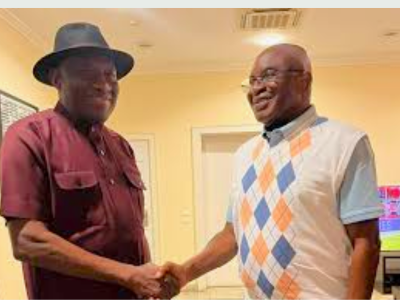
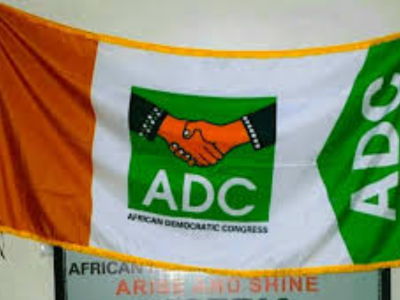
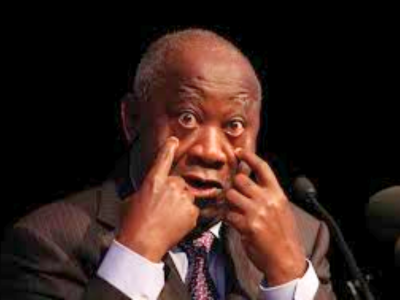
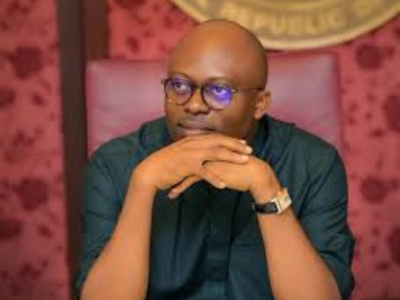

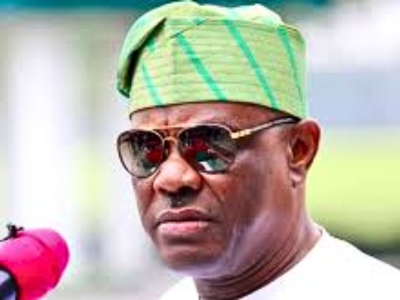

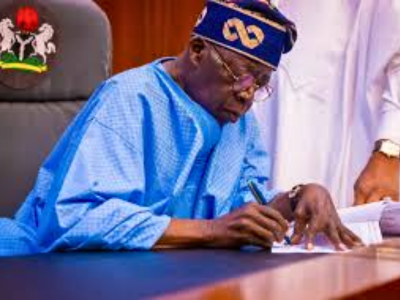
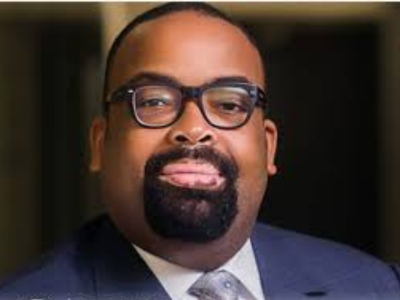
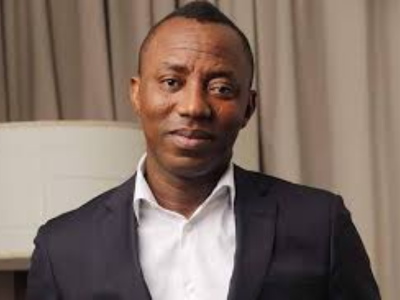
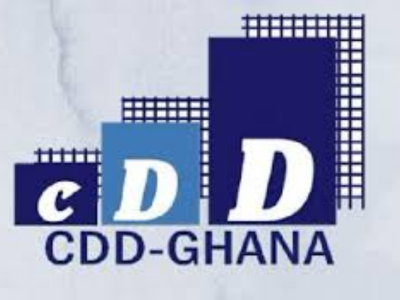
0 Comment(s)